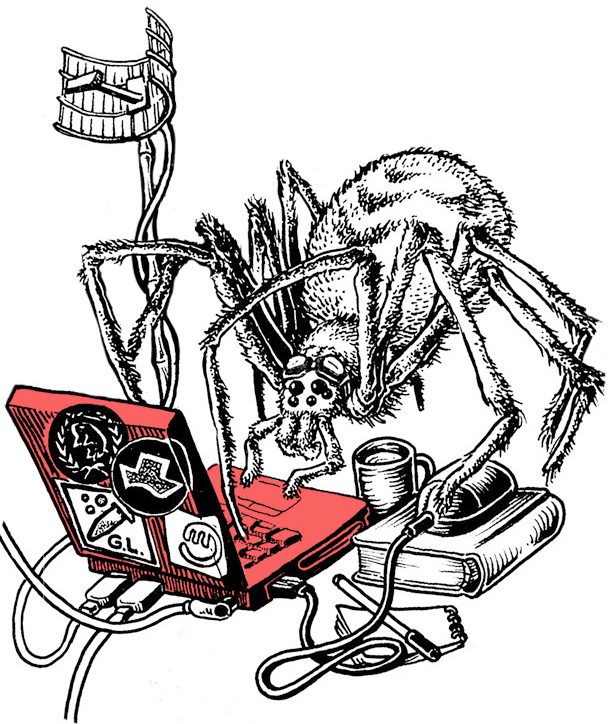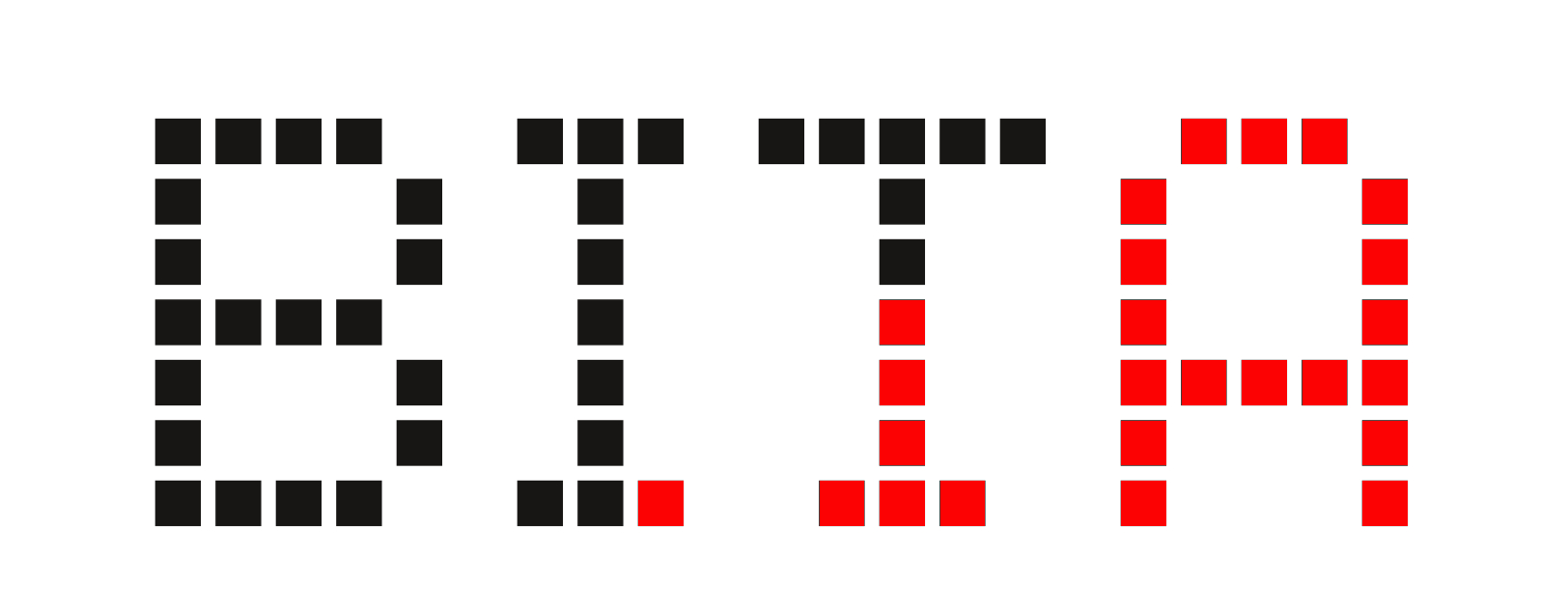Summary of the technical report and the current status of the WomenOnWeb

Since the end of January 2020, the information website on abortion Women on Web is being blocked in Spanish territory. As described in a detailed [technical report]](https://sindominio.net/sincensura/en/post/informe/) published on the 5th of May, several Internet Service Providers (ISPs) are blocking the website. In the absence of confirmation from the ISP companies, we can only speculate that this blockade could arise as an initiative of the Ministry of Health, through the Spanish Agency of Medicines and Health Products (AEMPS for its acronym in Spanish). Despite the fact that Women On Web has been operating all over the world for years thanks to its unquestionable rigour in the medical and legal field, its website is being censored silently, without any legal intervention and without giving any explanation about the existence of the blockade itself to the users.
Women on Web is a project that provides assistance and information on abortion processes. If we manage to access the website womenonweb.org, and request its help to perform an abortion, a medical consultation will be carried out initially, starting with an extensive questionnaire in which there will be no lack of information about the possibilities and alternatives in each country. In many cases, contact details of and health care centres and practitioners who can perform the abortion close to home are facilitated; if necessary, an exchange of emails with the medical service of the web takes place afterwards. If this process is completed, the medical service of the website sends a prescription to an international pharmacy which in turn sends the medicines (Mifepristone & Misoprostol) to the address we will have indicated. On the website it is made clear at all times that what takes place is not a sale: no stipulated price is paid for the medicines. Women On Web provides an international counseling service, and under these terms people who complete the consultation process are invited to make a donation. This donation is in no way compulsory, and is intended to ensure that the service is maintained.
We have gathered firm evidence that, at the very least, the following internet companies have blocked or continue to block the website: Vodafone, Vodafone Ono, Orange, Jazztel, CSUC, MÁSMÓVIL, Telefónica/Movistar and Euskatel.
Perhaps more serious than preventing us from reaching a page of our interest in an internet service for which we pay, is to realise that the blocking itself is trying to go unnoticed. During the tests carried out to provide forensic technical documentation to the case file, we could verify that the website we are trying to visit is never reported as being censored. Neither since when, under what conditions, let alone the reasons or legal basis for doing so. We are only made to believe that the page does not exist or is down.
The censorship mechanism simulates a problem on the web, a bad link, or that the project no longer exists. In reality, the internet company intercepts our navigation, blocks it, and returns a fabricated and illegitimate “error”. They have literally bought the same surveillance and repression technology that is used, in other countries, such as Azerbaijan, the Middle East and North Africa, to persecute political dissidents and infect their devices. Because of the legal battles we have lost in recent years, several state agencies have access to introduce websites in the “ blacklist” of sites to block without judicial guarantees.
Technically, blocking happens through four different mechanisms:
DNS manipulation.
The domain name system is tricked into sending our device information about the server’s IP that is not real. As detailed in the report, the potential visitor will receive a false message explaining that there is a problem outside the company, making it appear that the “error” has occurred on the Women On Web server.
HTTP blocking.
Movistar, in particular, intercepts the communication of its users to show a fake website that displays the text HTTP 404 error, that is, a code to announce that the specific page does not exist. Similarly, Vodafone displays a page stating that “Due to reasons beyond Vodafone’s control, this website is not available”.
Secure HTTP Interception (HTTPS).
The technology deployed by Vodafone goes further, to the point of impersonating the Women on Web server. Vodafone servers attack the exchange of security keys that occurs at the beginning of every browsing session with a secure page (those with the “padlock”, which almost all websites should have nowadays). The user’s browser receives a forged certificate, which claims to belong to the www.womenonweb.org website, but which is actually issued by Vodafone’s servers.
TCP restarts.
Another method used by Movistar. It is a way of interrupting the connection between a browser and a web server. This attack has already been used in several countries as one more method in the arsenal of methods to censor the Internet. This is the technique used by Movistar when it detects the start of a key exchange to establish a secure session.
Additionally, we have seen the use of Deep Packet Inspection (DPI) servers from two companies, Allot and Fortinet. These are much more intrusive techniques for censoring websites, as they are actually intercepting the content of their users’ network communications. Telefónica contracts the censorship services of Fortinet and Vodafone those of Allot in order to carry out the blocking so that their clients cannot access this website
Fortunately, it’s very easy to use tools to get around this censorship. Nevertheless, we believe that it is our duty to contribute to the awareness of the increasing censorship of websites, and the information controls that are being deployed by several internet companies in the Spanish territory. For this reason we share all the technical details of the systematic blocking of the Women On Web page.
Any act of censorship is deplorable. In this case we would like to insist that, in addition, access to information is censored in a country where abortion is legal. For now.
Group contact: nobloc(at)3msg.es
